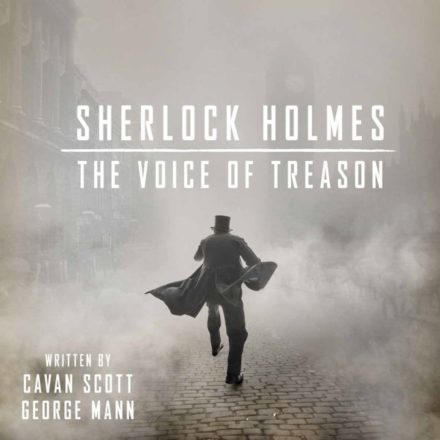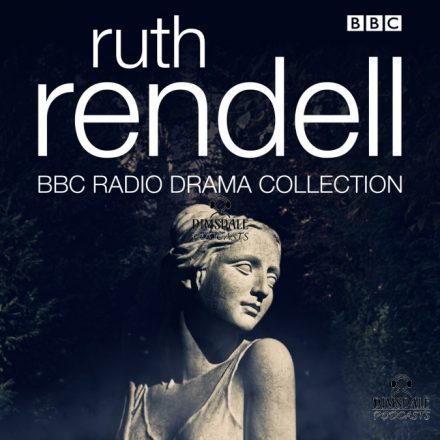Members get information about when streams/downloads become available, as well as accessing podcast RSS feeds for freely-available content to make listening to great shows a breeze, Register Here
BBC radio adaptations of novels and short stories by Émile Zola, plus a fascinating short documentary and an original drama
Novelist, journalist and literature’s greatest whistleblower, Émile Zola was one of the 19th century’s pre-eminent authors. He is renowned for his philosophy of naturalism, which informed his 20-volume Rougon-Macquart cycle, an epic family saga set during France’s Second Empire, and for his controversial intervention in the Dreyfus affair through his infamous protest letter, J’Accuse.
Here are some of his superlative works, adapted for radio with stellar casts and beginning with his breakthrough novel, Thérèse Raquin. A cautionary tale of lust, murder and madness, it stars Charlotte Riley, Andrew Buchan and Toby Hadoke. It is followed by five of the most famous novels in the Rougon-Macquart series – L’Assommoir, The Ladies’ Delight, Germinal, His Masterpiece and La Bête Humaine. With settings ranging from Paris to the far north of France, they portray 1860s French society at its most brutal, corrupt and duplicitous. Featuring a host of unforgettable characters, from slum laundress Gervaise to idealistic miner Etienne, impoverished painter Claude and tortured train driver Jacques, these poignant, powerful and provocative dramas star David Bradley, Claire Goose, Georgia King, Joe Absalom, Rob Edwards, Michael Maloney and Imogen Stubbs.
Based on short stories by Zola, Kelvin Segger’s Dead Men Tell No Tales and Trooping with Crows introduce us to a dead man observing his funeral preparations, another killed by advertising, a dreamer who delays for too long and a devious entrepreneur with an extraordinary marketing idea. Michael Maloney, Norman Bird, Struan Rodger, Terry Molloy and Trevor Peacock star in these dark, inventive plays.
To conclude, two captivating bonus programmes explore Zola’s involvement in the exoneration of the falsely accused and convicted army officer Alfred Dreyfus. Zola and the Dreyfus Affair charts the course of the scandal that rocked a nation; while Hattie Naylor’s original drama J’Accuse looks at events through the eyes of the right-wing, nationalistic Louis Grigori, who comes to believe that the persecution of the guiltless Dreyfus was the correct and only action.
Episode List
- 01 – Intro
- 02 – Thérèse Raquin
- 03 – Thérèse Raquin
- 04 – L’Assommoir
- 05 – L’Assommoir
- 06 – L’Assommoir
- 07 – The Ladies’ Delight
- 08 – The Ladies’ Delight
- 09 – Germinal
- 10 – Germinal
- 11 – Germinal
- 12 – His Masterpiece
- 13 – His Masterpiece
- 14 – La Bête Humaine
- 15 – La Bête Humaine
- 16 – La Bête Humaine
- 17 – Dead Men Tell No Tales
- 18 – Trooping with Crows
- 19 – Zola and the Dreyfus Affair
- 20 – J’Accuse


















